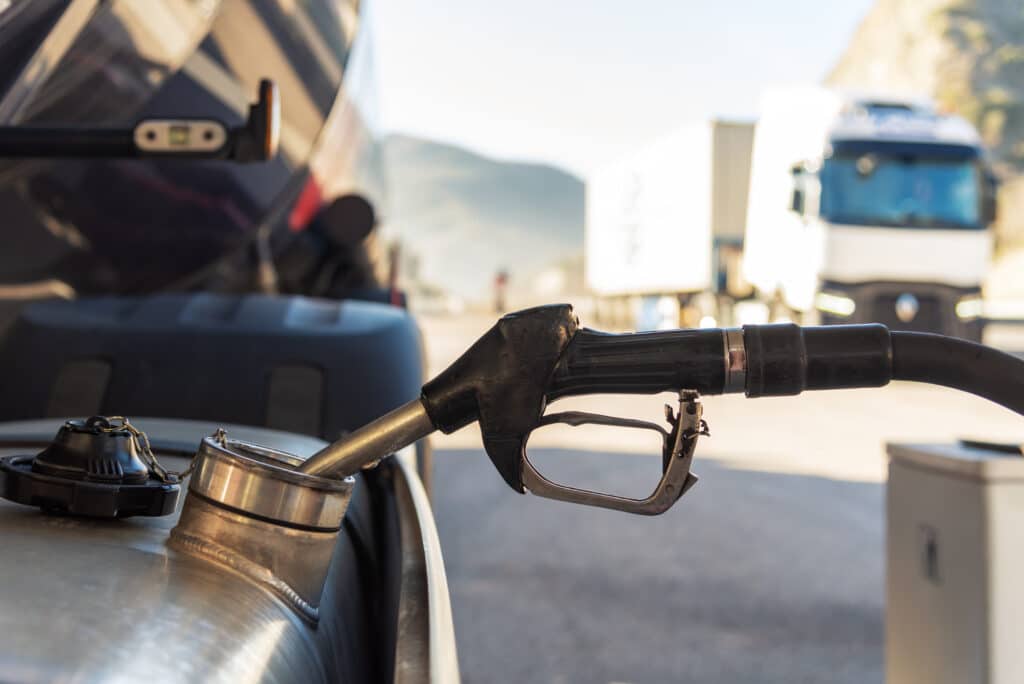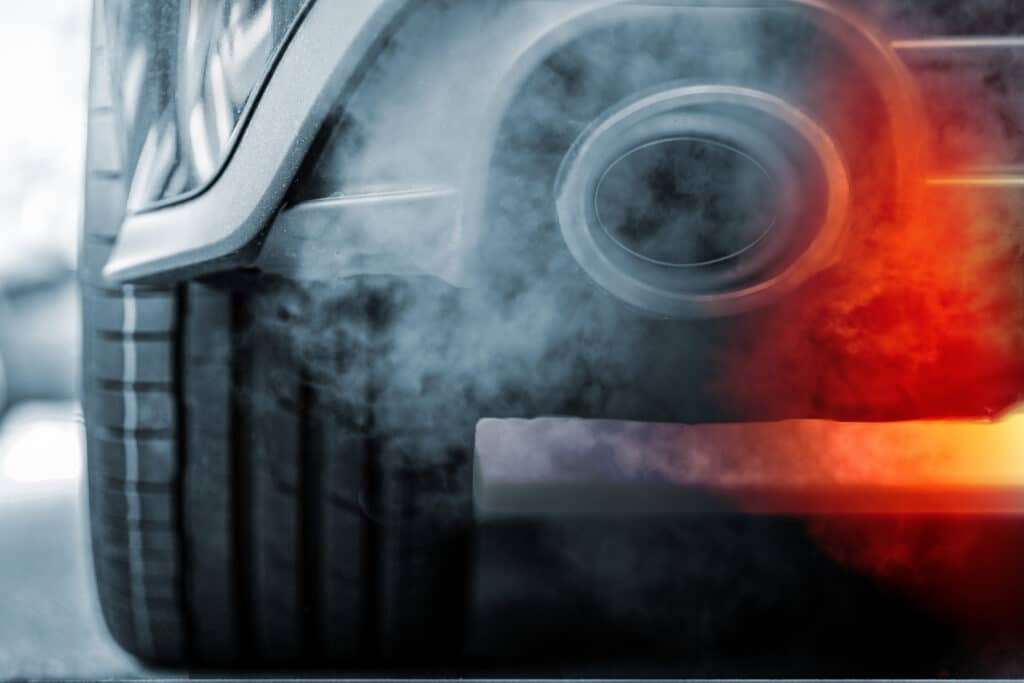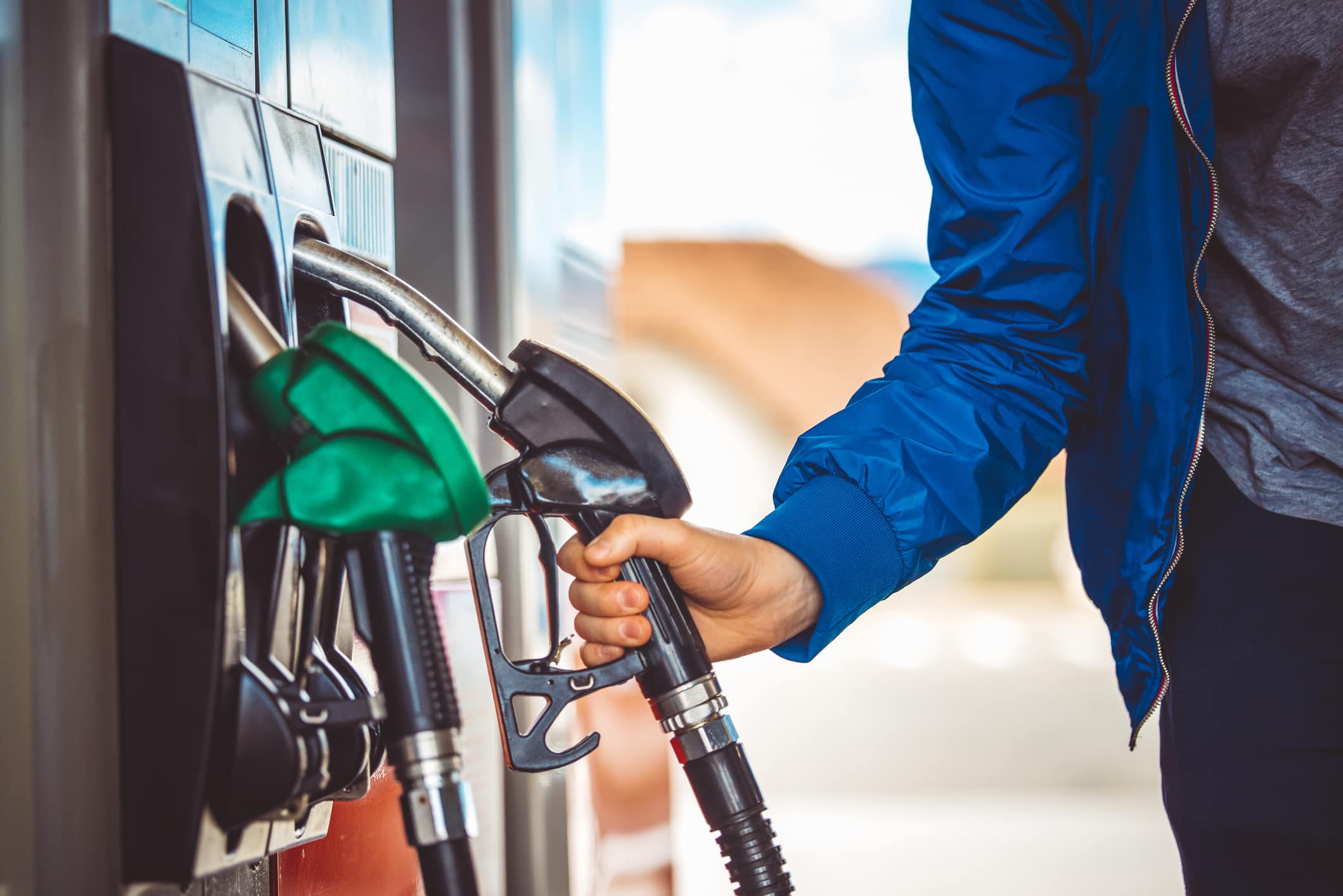Fuel is an essential component in the daily lives of millions around the globe, powering the vehicles that keep our economies moving. Among the various options available, diesel and petrol stand out as the primary choices for many drivers.
However, one common question often on the lips of motorists is: why is diesel more expensive than petrol?
In this post, we’ll explore the intricacies of car fuel, the types of diesel available, the average prices of diesel versus petrol, and the factors contributing to diesel’s higher price tag. Additionally, we’ll provide some valuable tips on maximising diesel efficiency.
What is car fuel?
Before delving into the cost differences, let’s briefly define the two primary types of car fuel: diesel and petrol.
Both petrol and diesel are hydrocarbon-based fuels derived from crude oil through a process known as distillation. Diesel contains a higher energy density than petrol, making it more efficient in terms of mileage. Petrol, on the other hand, is a lighter fuel with a lower energy density, meaning that it burns more cleanly than diesel.
Diesel engines typically offer better fuel efficiency and torque, making them suitable for heavy-duty vehicles and long-distance driving. Petrol engines, on the other hand, are known for their smoother acceleration and lower initial costs. The choice between diesel and petrol ultimately depends on individual preferences and specific vehicle requirements.
Types of diesel fuel
Understanding the different types of diesel is important to understanding why it’s pricier than petrol. The most common type of diesel fuel is standard diesel which powers the majority of diesel vehicles on the road. However, premium or high-performance diesel fuels are available, promising enhanced engine performance and cleaner combustion.
Premium diesel fuels often include additives designed to improve engine cleanliness, reduce emissions, and enhance overall efficiency. While these advanced formulations come at a higher cost, they may provide benefits in terms of engine longevity and reduced maintenance requirements. However, the majority of drivers find standard diesel more than sufficient for their daily needs.
Additives such as Redex’s Diesel Emission Reducer help to reduce emissions and improve the performance of diesel vehicles.

Average price of diesel vs petrol
Now, let’s address the elephant in the room: the cost of fuel. The average price of diesel compared to petrol varies based on geographic location, market conditions, and government policies.
Looking at historic fuel pricing data, diesel has long been more expensive than petrol. This pricing discrepancy is influenced by a combination of factors, which we’ll explore in the following sections.
Why is diesel more expensive than petrol?
Several factors impact the price of diesel compared to petrol, including tax and import costs, as well as the process involved in manufacturing the fuel. Let’s take a closer look at what drives the cost of diesel.
Import prices
One of the primary factors contributing to the higher cost of diesel is import prices. Diesel fuel undergoes a more extensive refinement process compared to petrol, leading to increased production costs.
Fuel tax
Government-imposed fuel tax plays a significant role in the pricing of both diesel and petrol. In many regions, diesel is subject to higher taxes due to its association with commercial transportation and heavy-duty vehicles. Governments may justify these higher taxes by citing the wear and tear on roads caused by larger diesel-powered vehicles. Consequently, these taxes contribute to the overall higher cost of diesel at the pump.
Refinement processes
The refinement processes for diesel and petrol differ significantly. Diesel requires more refining steps to remove impurities and reduce sulphur content. This additional refining contributes to increased production costs, impacting the final price consumers pay at the fuel station.
Supply and demand
The dynamics of supply and demand also play a role in the pricing disparities between diesel and petrol. While the demand for diesel is consistently high, especially in the commercial transportation sector, the supply chain for diesel can be more susceptible to disruptions. Factors such as geopolitical tensions, natural disasters, or unexpected shifts in demand can lead to fluctuations in diesel prices.
Reduced production
In some regions, there may be a reduced production capacity for diesel compared to petrol. This reduced supply can result from refinery configurations that prioritise petrol production or limitations in the availability of crude oil suitable for diesel production. When production is constrained, diesel prices may rise as a consequence.
Top tips on how to improve diesel efficiency
Just like with petrol, hybrid or electric vehicles, there are ways that you can make a tank of diesel go even further.
Optimise driving habits
Smooth acceleration and deceleration, along with maintaining a consistent speed, can significantly improve fuel efficiency.
Regular maintenance
Keeping your vehicle well-maintained, including regular oil changes, air filter replacements and tyre rotations, can improve fuel economy.
Reduce idle time
Idling consumes fuel without providing any mileage. Minimising idle time can help stretch the distance your vehicle travels on a tank of diesel.

Proper tyre inflation
Underinflated tyres create more rolling resistance, decreasing fuel efficiency. Regularly check and maintain proper tyre pressure.
Consider fuel additives
Some drivers find that certain fuel additives can improve diesel engine performance and fuel efficiency. Redex offers products such as their Diesel System Cleaner which is designed to clean and protect your engine, contributing to improved fuel economy.
Understanding these factors allows you to make informed decisions when choosing between diesel and petrol. Additionally, adopting efficient driving habits and incorporating products like Redex fuel additives can help maximise the mileage from each tank of diesel, providing economic benefits. For more helpful information like this, check out our engine health and maintenance hub.
